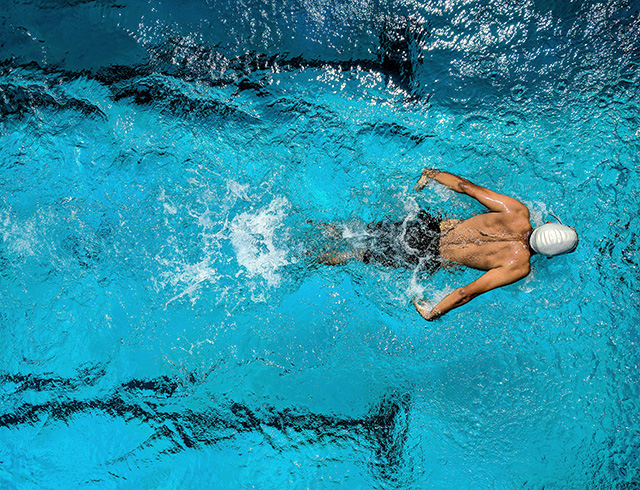Each Olympic Games torch relay begins with a torch being lit by the sun’s rays at the ancient site of Olympia, after which it is passed by torch from person to person all the way to the Olympic stadium in the host city. The torch relay tradition started in 1936 and this is one of the few times where just runners have carried it all of the way (it also happened in 1948 and 1980).
Recent Olympic torch relays have been a competition to see which host can have the most bizarre transport method. I have come up with a large list of alternative transport types for the torch. Some of the more unusual transportation types include space ships and along a zip wire. In 1976 the flame was sent by radio signal between Greece and Canada and in 2000 it went underwater at the Great Barrier Reef. For the Sochi Olympic Games, the Russians are taking it into space again. It will be interesting to see where else it goes, and also what the Rio organisers can come up with. Any suggestions?


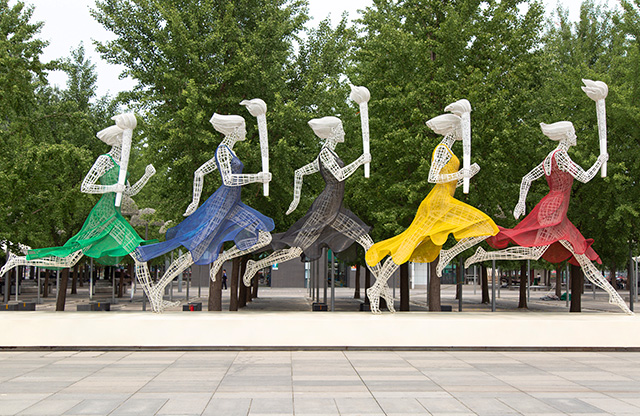
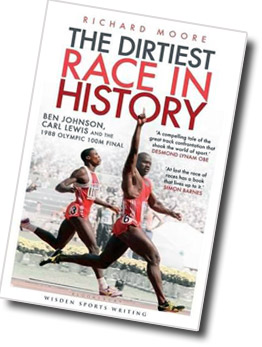 The title of this book (The Dirtiest Race in History, By Richard Moore) refers to the 1988 Olympic Games 100 m sprint final (see a
The title of this book (The Dirtiest Race in History, By Richard Moore) refers to the 1988 Olympic Games 100 m sprint final (see a 
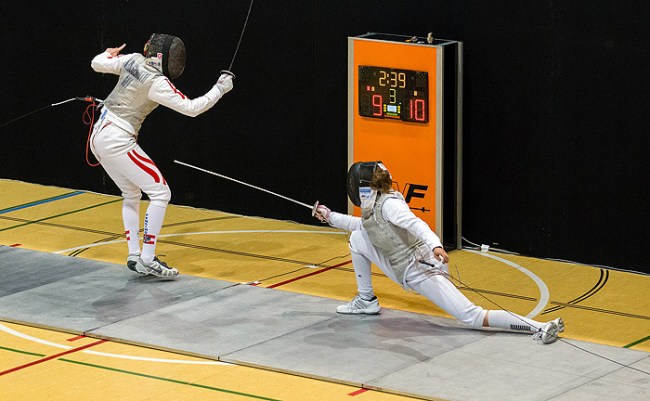
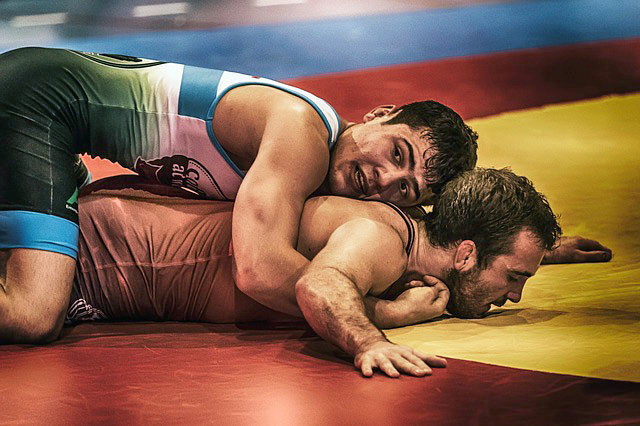
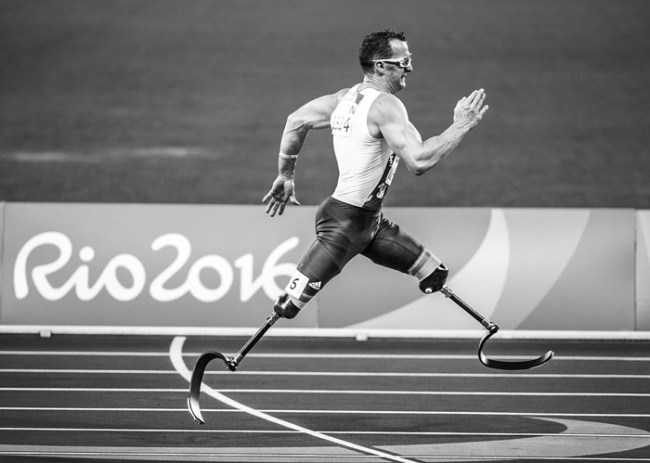
 With the Olympic Games starting now, I feel like it is time for me to make my predictions for the final medal tally. It seems like everyone else is doing it. I have discussed a few
With the Olympic Games starting now, I feel like it is time for me to make my predictions for the final medal tally. It seems like everyone else is doing it. I have discussed a few 